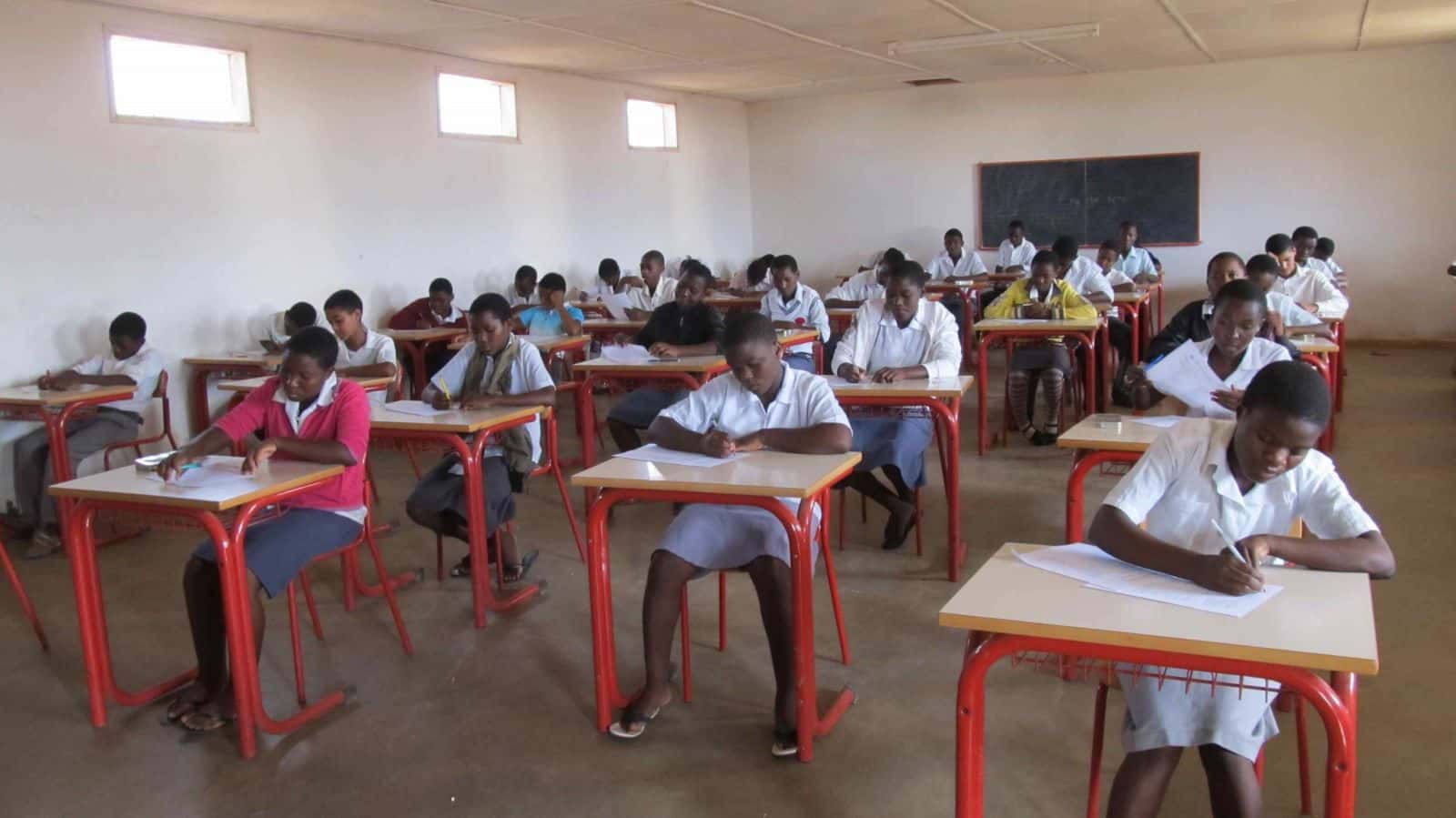Some students have underscored the need to introduce Science, Technology, Engineering and Mathematics (STEM) in their curriculum right from the primary level to stimulate their interest in the fields.
They stated this on Saturday at the STEM showcase organised by the Pan African University of Life and Earth Sciences Institute (PAULESI), University of Ibadan, in collaboration with Co-Creation Hub (CCH) to mark the African Union Day celebration.
The 110 students, mainly drawn from both secondary and primary schools in Ibadan were introduced to Robotics and Artificial Intelligence, 3D design and scientific-practical to solve real-life problems.
Anuoluwapo Okunneye, a JSS III student of UCH Staff School, Ibadan, said learning on how some scientific practical work and what he can do with it was exciting for him.
“I learnt about things like crafts and other robotics that can be made with scraps at home, thereby recycling what was initially considered as waste.
“I learnt in practical ways how mechanical energy turns to mechanical and the light energy that can be used to power appliances.
“This is an edge for me to start thinking of how to deploy all I have learnt to solve problems in my environment, especially the problem of waste management,” Okunneye said.
Another student, Inioluwa Ireniyi, a JSS II student said “the event has opened my mind to the fact that I can be an engineer, that STEM is not only for males, but that I can excel there too.
“That I can be an inventor also and I would like to solve the problem of light for Nigeria by inventing a machine from renewable sources that switches itself on whenever there is a power outage,” she said.
Isabella Akinyede, a Primary Four pupil of Richmab International School, said she was fascinated about how robotics and artificial intelligence were used to make things work.
“I would like to become a medical doctor in the future and use the knowledge I am gaining in STEM to make things better,” Akinyede said.
Also, Michael Oladunjoye, a Primary Six pupil of Rolis International School, Ibadan said he would like to become a physicist and the event has further stimulated his interest in STEM.
“I would like to develop more in this field and also build machines that will ease work when I grow up,” Oladunjoye said.
Related Articles
In her address, the Director, PAULESI, Prof. Titilayo Akinlabi, said as a professor of Mechanical Engineering, there was the need to encourage many more students, right from their tender age into STEM.
According to her, this would turn them into solutions providers and make them compete favorably with their counterparts worldwide, especially girls whose numbers are few in the STEM field.
“For the young girl-child here today, for you to know that it is possible to be a woman and excel in STEM fields and even be at the top of your career,” Akinlabi said.
In an interview, Mr Abraham Akpan, the Program Manager, Co-Creation Hub, said that the company organised community engagement projects for communities and stakeholders to drive technology toward problem-solving in the country.
According to him, the programme focused on students from age 10 to 16 years old, to have firsthand knowledge of what STEM was all about.
“As technology and youths are taking over our world, students need to have hands-on knowledge and this is our way of contributing and impacting our world,” Akpan said.
Earlier in her address, the Program Manager Education CCH, Chinyelu Ude said learning STEM would help students to think about solving problems in their environment.
She noted that most kids have gadgets that could be used in learning STEM but were unable to use them because of limited knowledge of how to use the gadgets for scientific and technological purposes.
Ude, however, said the company’s goal was how to help students not only to be users of technologies but creators of technologies.
Some of the innovations provided by participants at the event included how to convert wind into mechanical energy, biomass; turning waste into mechanical energy and cooking gas, as well as solar energy.








